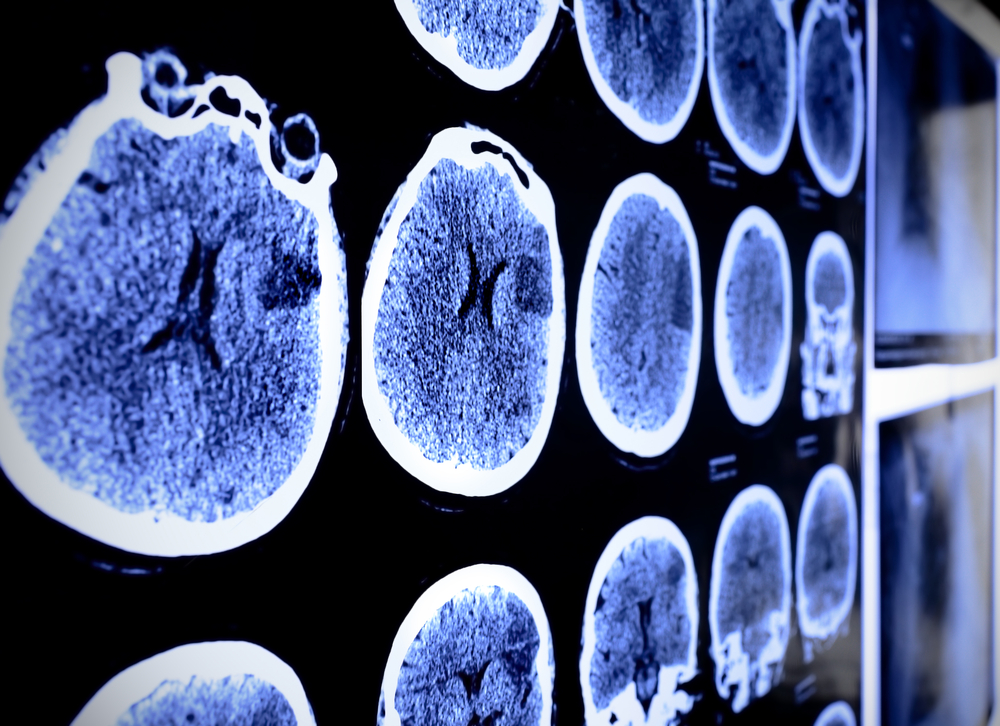Health
Lifestyle changes may guard aging brain against memory loss
WASHINGTON – The latest Alzheimer’s research has a clear theme: Change your lifestyle to protect your brain.
It will take several years for scientists to prove whether some experimental drugs could at least delay Alzheimer’s disease, and an aging population is at risk now.
Whatever happens on the drug front, there are generally healthy everyday steps people can take – from better sleep to handling stress to hitting the books – that research suggests just might lower the risk of Alzheimer’s.
Making these lifestyle changes “looks more promising than the drug studies so far,” said Dr.
Richard Lipton of the Albert Einstein College of Medicine in New York, whose lab researches what makes up healthy aging. The findings on stress prompted Lipton to take up yoga.
Here are five tips to help guard your brain against memory loss, based on research at the Alzheimer’s Association International Conference:
Get better shut-eye
Studies of more than 6,000 people linked poor sleep quality – and especially sleep apnea – to early memory problems called mild cognitive impairment, which in turn can raise the risk of later Alzheimer’s. Other research showed poor sleep can spur a brain-clogging protein named amyloid that’s a hallmark of Alzheimer’s.
Talk to your doctor if you’re having sleep problems, advises Dr. Kristine Yaffe of the University of California, San Francisco: “Sleep disorders are so common, and we think many are quite treatable.”
Exercise your gray matter
Seniors often are advised to work crossword puzzles, take music lessons or learn a new language to keep the brain engaged. The protective effects of learning may start decades earlier in life.
In Sweden, researchers at the Karolinska Institute unearthed school report cards and work histories of more than 7,000 older adults. Good grades as young as age 10 predicted lower risk of dementia later in life. So did getting a job that required expertise with numbers or, for women, complex interactions with people – occupations such as researchers or teachers.
Why? Learning and complex thinking strengthen connections between nerve cells, building up “cognitive reserve” so that as Alzheimer’s brews, the brain can withstand more damage before symptoms become apparent.
Get moving
What’s good for the heart is good for the brain, too, and physical activity counters a list of damaging problems – high blood pressure, diabetes, high cholesterol – that can increase the risk of memory impairment later in life.
Get started early: One study tracked the habits of 3,200 young adults for 25 years, and found those who were the least active had the worst cognition when they were middle-aged. Sedentary behaviors like TV watching played a role. Yaffe – who just had her desk raised so she can spend more time standing – worries about kids’ screen time.
Don’t forget mental health
Late-life depression is a risk factor for Alzheimer’s. Harvard researchers found loneliness is, too, accelerating cognitive decline in a study that tracked more than 8,000 seniors for over a decade.
Stress is bad for the brain as well, Lipton said. It’s not just experiencing stress – we all do – but how we cope with it. Brooding over stressful events, for example, prolongs the harmful effects on brain cells. One study found seniors with the poorest coping skills were much more likely to develop mild cognitive impairment over nearly four years than seniors who could shrug off the stress.
Eat healthy
Diets high in fruits and vegetables and lower in fat and sugar are good for the arteries that keep blood flowing to the brain. Type 2 diabetes, the kind linked to excess weight, raises the risk of dementia later in life.
Weight aside, Lipton’s lab recently found a healthy diet lowered seniors’ risk of impaired “executive function” as they got older – how the brain pays attention, organizes and multitasks.






















